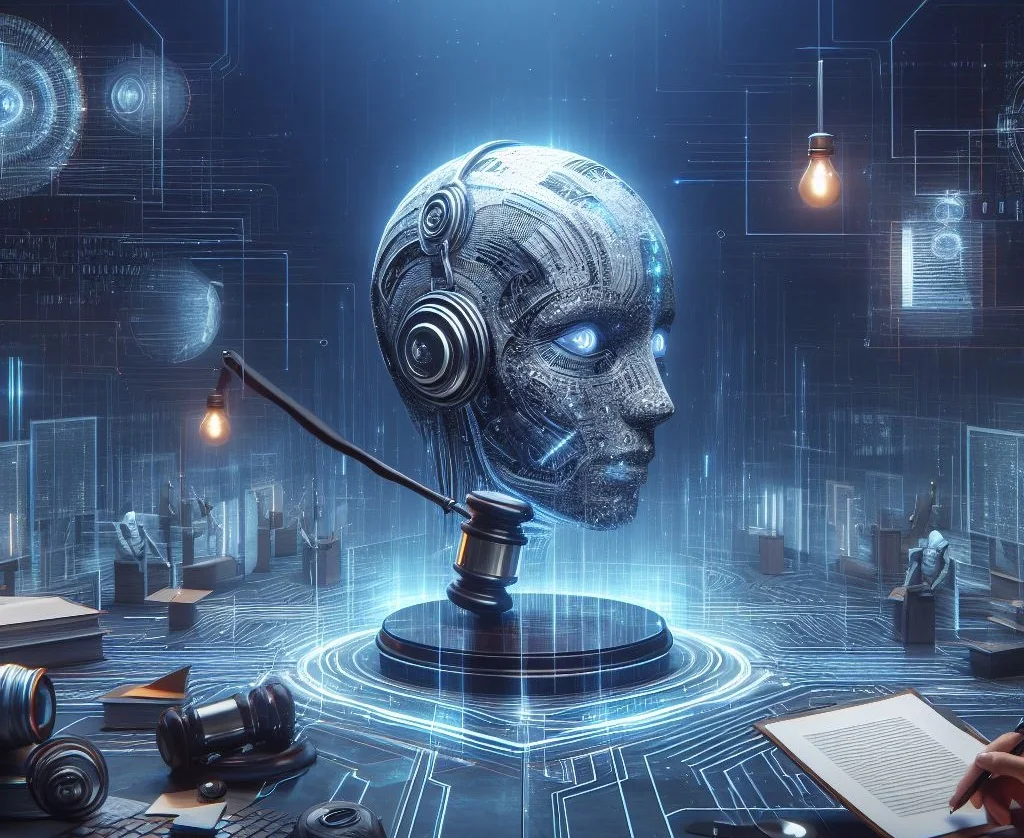In the midst of burgeoning legal complexities around artificial intelligence, leading tech corporations Google, OpenAI, and Microsoft are steering the onus towards users in cases where AI models might regurgitate copyrighted content. This stance emerged from the trio's submissions to the United States Copyright Office, which is presently mulling over potential regulatory frameworks for AI.
The crux of these tech behemoths' argument is straightforward: if an AI platform echoes copyrighted work, it's the user's actions, not the company's algorithm, that should bear the brunt of any legal repercussions. They equate the dilemma to the long-standing legal views on common devices like photocopiers and smartphones, underscoring that it's the user's responsibility to avoid infringing activities, not the manufacturer's.
Despite acknowledging the extensive use of copyrighted materials to improve their AI models, these companies are firm in their belief that imposing liability on developers for potential infringements would be tantamount to punishing manufacturers of traditional recording devices for misuse by consumers.
The collective view of these companies is clear: regulating AI by curtailing its learning sources would stifle the AI sector's growth. They advocate for a continued lenient approach, allowing AI to evolve unencumbered by restrictive copyright regulations.
However, legal scholars suggest that as AI tools become increasingly sophisticated, the line defining responsibility may blur, potentially implicating developers in copyright issues. This ongoing debate signals a pivotal moment in the intersection of technology, law, and intellectual property, prompting a global conversation on the governance of AI.
Read next: The Fight for Genuine Science: AI Detection System Sets New Bar
The crux of these tech behemoths' argument is straightforward: if an AI platform echoes copyrighted work, it's the user's actions, not the company's algorithm, that should bear the brunt of any legal repercussions. They equate the dilemma to the long-standing legal views on common devices like photocopiers and smartphones, underscoring that it's the user's responsibility to avoid infringing activities, not the manufacturer's.
Despite acknowledging the extensive use of copyrighted materials to improve their AI models, these companies are firm in their belief that imposing liability on developers for potential infringements would be tantamount to punishing manufacturers of traditional recording devices for misuse by consumers.
The collective view of these companies is clear: regulating AI by curtailing its learning sources would stifle the AI sector's growth. They advocate for a continued lenient approach, allowing AI to evolve unencumbered by restrictive copyright regulations.
However, legal scholars suggest that as AI tools become increasingly sophisticated, the line defining responsibility may blur, potentially implicating developers in copyright issues. This ongoing debate signals a pivotal moment in the intersection of technology, law, and intellectual property, prompting a global conversation on the governance of AI.
Read next: The Fight for Genuine Science: AI Detection System Sets New Bar

